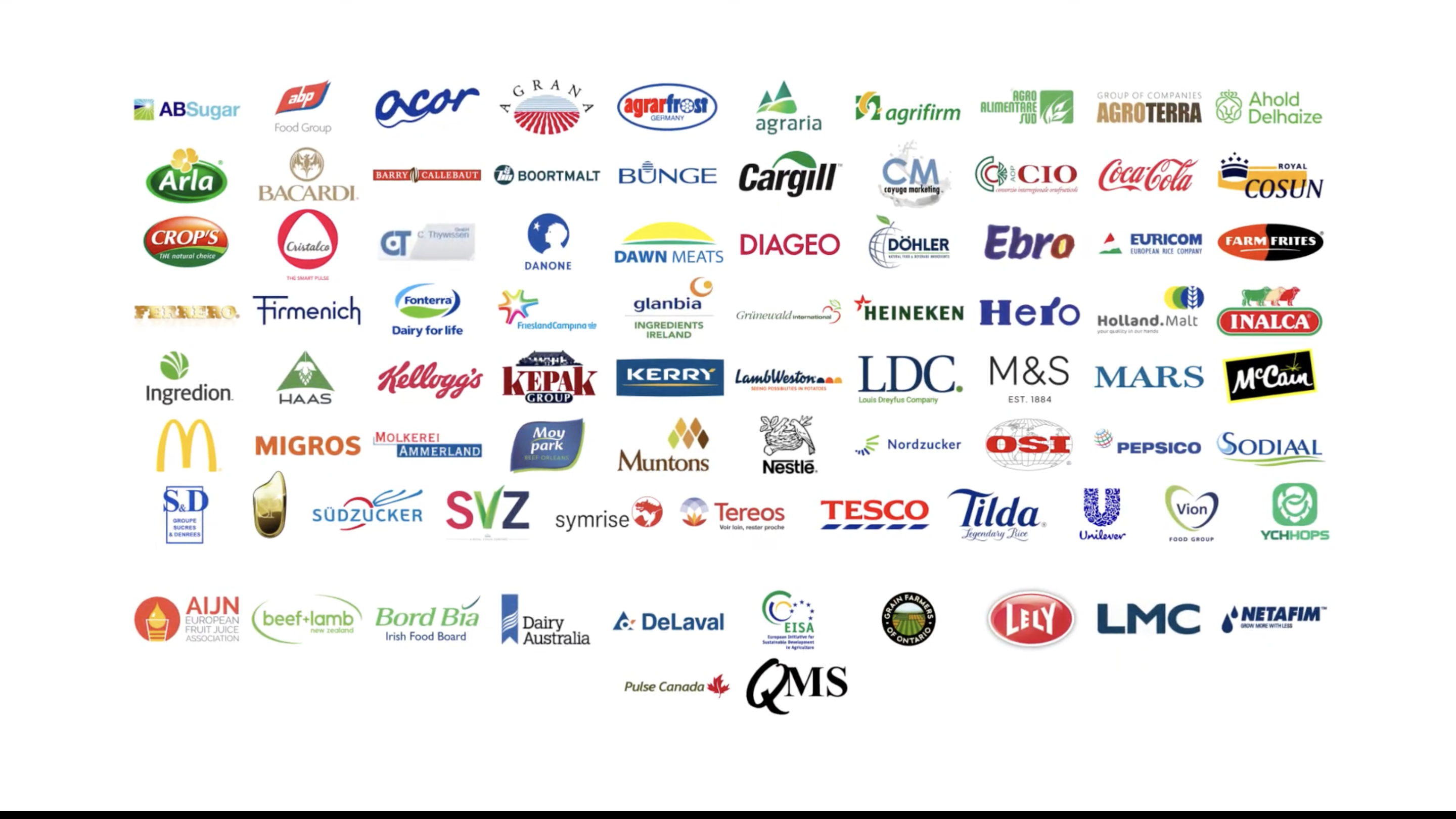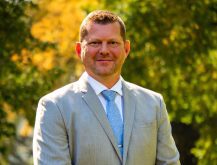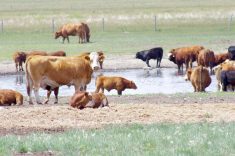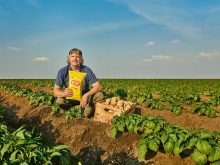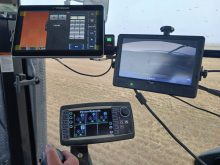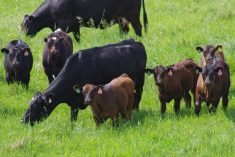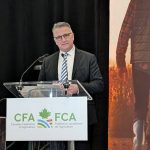The Alberta Environmental Farm Plan has a new component that enables producers to qualify for a sustainability standard recognized by the food sector’s biggest players.
“Producers can use this tool to receive credit for the global standard called Farm Sustainability Assessment,” said Lisa Nadeau of the Agricultural Research and Extension Council of Alberta, which operates the environmental farm plan program in the province.
Although free, the Environmental Farm Plan Plus (EFP+) is intended for producers associated with food companies or industry groups. McCain Foods wants potato producers it buys from to have this certification, and so does the Dairy Farmers of Canada, which recently added it to its proAction program.
Read Also
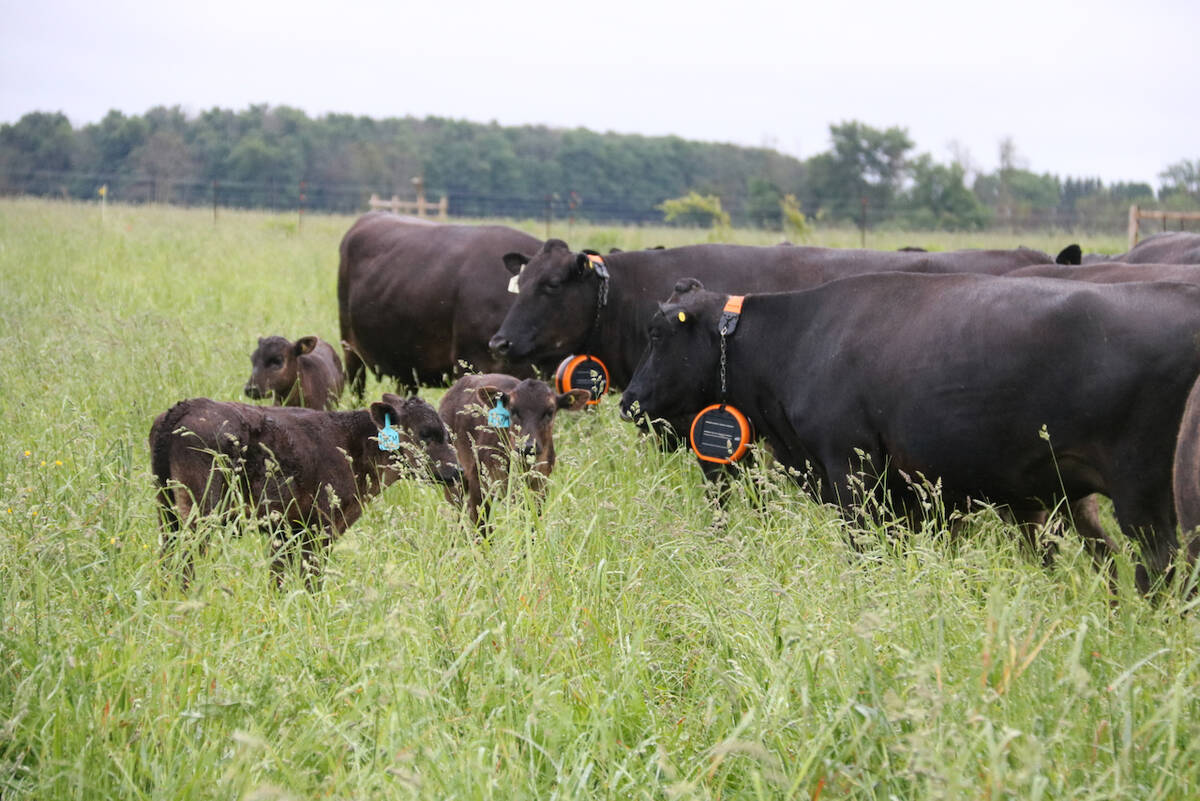
How soil fertility management can boost pasture yield by 43 per cent
Learn how soil testing and targeted fertilization can increase pasture biomass by 43%. Expert tips on N, P, and K management for beef cattle producers.
“There’s a benefit for farmers in having this kind of certification,” said Nadeau. “The pressure is on from the public to have those sustainability claims.”
The Farm Sustainability Assessment is the creation of a little-known alliance of food and ag companies called the Sustainable Agriculture Initiative (SAI) Platform.
Many of its 150 members are global giants, including its founders (Nestlé, Unilever and Danone), Cargill, ADM, McDonald’s, Kellogg’s, Mars, Heineken, Coca-Cola and Pepsico. McCain Foods is also a member as are buyers of Prairie grains and pulses such as Boortmalt and Roquette.
Many of these companies buy a lot of different ingredients from a host of suppliers around the world and are looking for a way to ensure those suppliers are employing sustainable practices. Founded nearly two decades ago, the organization says its seeks to “accelerate the widespread adoption of sustainable agriculture practices and the transformation to sustainable food systems.”
For producers who need to be compliant with the Farm Sustainability Assessment, EFP+ is a relatively easy way to achieve it, said Nadeau.
“Some producers may have already completed an EFP, so they can just upgrade to EFP+ and if they haven’t done an EFP prior, they would just start on the EFP workbook,” she said.
Leveraging the existing environmental farm program is also attractive to the companies in the SAI Platform.
“They’re not introducing something new. It’s something a lot of farmers are familiar with,” said Nadeau.
Alberta producers who complete EFP+ and are verified would qualify for the silver level of the Farm Sustainability Assessment, something no other environmental farm program in Canada offers (although Manitoba and Saskatchewan are currently developing their own EFP+ programs).
In theory, any producer could seek EFP+ certification but it’s not likely they would.
“If a producer was really interested, they could complete the EFP+ but then they have to go through auditing on their own,” she said. “That’s a high expense for one producer to go through, as opposed to if they go through in a farm management group. The percentage of producers who need to be verified is much smaller.”
In a large group, only a few of the producers need to be verified, she said.
The program is customized for Alberta farmers.
“They get to work with an EFP technician here in Alberta, who helps them develop their action plan and can pair them with different funding opportunities or resources to help them implement their action plan,” she said.
Meanwhile, all farmers in the province are being encouraged to have an up-to-date environmental farm plan. Many completed them about 10 years ago and need to get them updated, said Nadeau.
Having a current EFP Certificate (or being in the process of getting one) is a prerequisite for some new programs funded by the Canadian Agricultural Partnership. This includes the Farm Technology Program (which offers up to $48,000 in grants on a 50/50 cost share) and the Efficient Grain Handling Program (up to $100,000, also on a 50/50 cost share).
“Usually during the growing months, we see a lull in people doing EFPs because they are out farming and don’t want to be at a computer,” said Nadeau. “But in the past few months, we’ve seen quite an uptake because of the programs being launched.”
For more, go to www.albertaefp.com. Info on Canadian Agricultural Partnership programs in Alberta can also be found online. — With staff files


